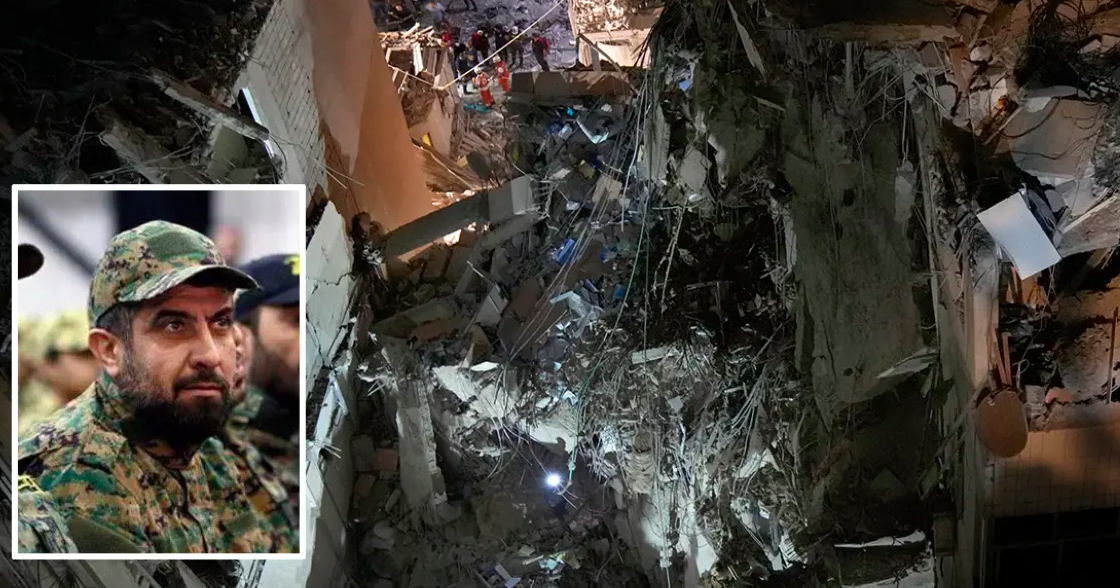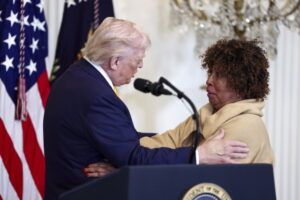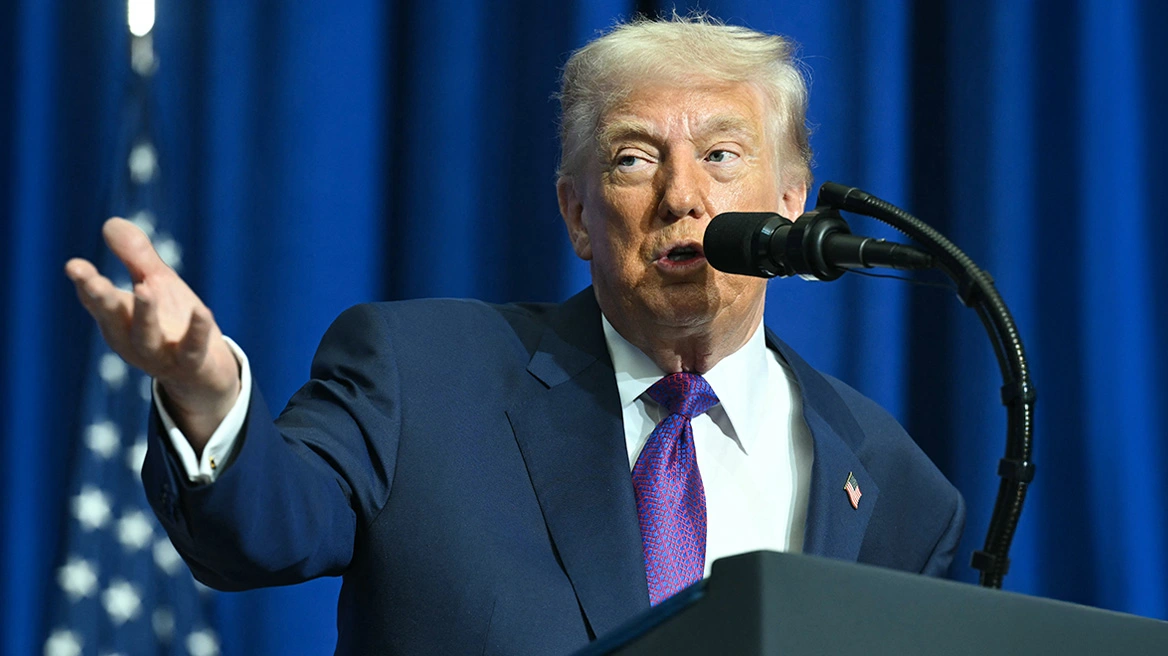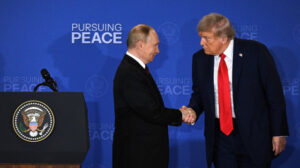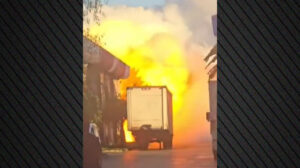Muhsin Shukr, also known as Fouad Shukr, the head of Hezbollah’s operational arm, was killed in the Israeli attack in southern Lebanon on Tuesday, according to the Israel Defense Forces (IDF).
The IDF spokesperson announced that on July 30, 2024, in a targeted assassination operation, fighter jets, guided by the AMN intelligence service, attacked the Beirut area and killed Fouad Shukr, known as “Sayyed Muhsin,” the senior military commander of Hezbollah and the right-hand man of Hassan Nasrallah.
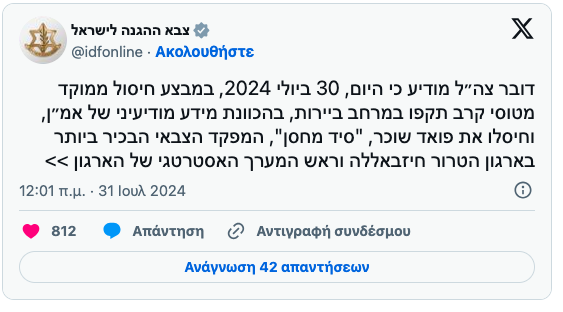
In a post, the IDF stated that Shukr had directed Hezbollah’s attacks on the State of Israel since October 8 and was responsible for the murder of 12 children in Majdal Shams in northern Israel on Saturday night, as well as the murder of many Israelis and foreign nationals.
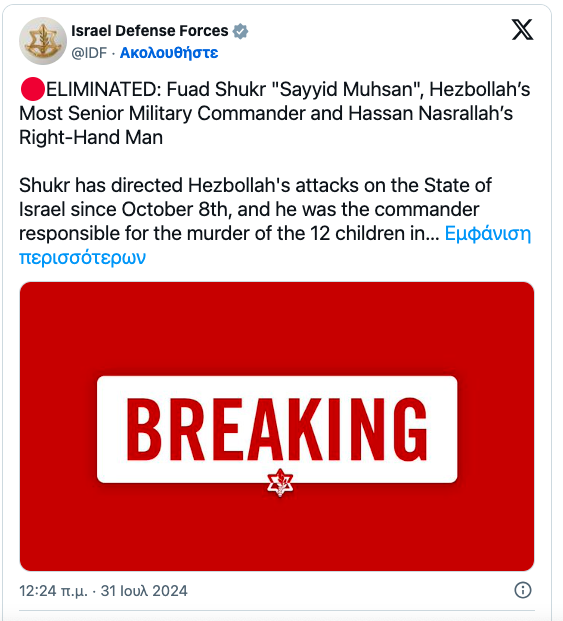
He was also responsible for most of Hezbollah’s advanced weapons, including precision-guided missiles, cruise missiles, anti-ship missiles, long-range missiles, and UAVs.
Casualties and Israeli PM’s Response
Israeli Prime Minister Benjamin Netanyahu arrived at Israel’s headquarters in Tel Aviv to assess the situation.
The Lebanese Ministry of Health announced that three civilians, a woman, and two children, were killed in the Israeli bombing on Tuesday night in a southern suburb of Beirut, according to a preliminary report.
The Israeli strike targeted Fouad Shukr, a Hezbollah official. A source close to the movement said he survived; Israeli forces reported that he was dead. The French news agency noted that it could not verify the fate of the official.
Watch video from the explosion site:
Who is Fouad Shukr Targeted by the Israelis?
On Tuesday, the IDF targeted a residential complex in southern Beirut where a significant Hezbollah figure was located. The strike was against the man who ordered the attack on Majdal Shams in the Golan Heights, where 12 children were killed while playing.
Muhsin Shukr, or Fouad Shukr, or Hajj Mohsin, is considered one of Hezbollah’s top officials and a close associate of its leader, Hassan Nasrallah, for 30 years. He is believed to be the head of operations for the organization and a member of its military wing since its founding.
According to the US State Department, he is a senior military advisor to Nasrallah and a member of Hezbollah’s top military body, the Jihad Council. He played a central role in the 1983 Beirut bombing of the US Marine Corps barracks, which killed 241 soldiers. His collaborator was Imad Mughniyeh, assassinated in Damascus in 2008, allegedly by Israel.
Hezbollah’s Advanced Weapons and Recent Activities
Recently, during the Syrian civil war, Shukr “assisted Hezbollah fighters and pro-Syrian regime troops” in their battles against anti-Assad forces. The US had placed a $5 million bounty on his head.
The US State Department’s Rewards for Justice website notes that Fouad Shukr is also known as al-Hajj Mohsin and serves on Hezbollah’s “top military body, the Jihad Council,” aiding Hezbollah fighters and pro-Syrian regime troops in “Hezbollah’s military campaign against Syrian opposition forces in Syria.”
Shukr played a central role in the October 23, 1983, bombing of the US Marine Corps barracks in Beirut, killing 241 American military personnel and injuring 128 others.
In September 2019, the State Department designated him as a “Specially Designated Global Terrorist under Executive Order 13224,” more than four years after the US Treasury Department sanctioned Shukr and two other Hezbollah leaders.
Additionally, the IDF has identified him as the commander of Hezbollah’s precision missile program.
Reactions and International Condemnation
Hamas and the Houthi condemned the Israeli attack. The Iran-backed Houthis and Hamas issued statements condemning the Israeli strike targeting the Hezbollah commander in Beirut on Tuesday.
“While affirming our solidarity with Lebanon and its resistance against Zionist arrogance, we appreciate Hezbollah’s significant role in supporting the Palestinian people at a time when Arab regimes have abandoned their role and responsibility in defending the Palestinian people and confronting crimes,” stated the political wing of the Houthis, also known as Ansar Allah.
In a separate statement, Hamas expressed “full solidarity with our brother Lebanon and the brothers in Hezbollah.” Hamas also called the Israeli strike a “dangerous escalation.”
UN Special Coordinator Calls for Calm
UN Special Coordinator for Lebanon Jan Kubis expressed concern late Tuesday night after the “Israeli strike tonight on the densely populated southern suburbs of Beirut,” which caused many civilian casualties, according to her statement.
“There is no military solution,” she said, urging both sides, Israel and Lebanon, to explore all diplomatic means to return to a cessation of hostilities and recommit to UN Resolution 1701.
Jan Kubis stated she is in close contact with key interlocutors and called for calm amid escalating tensions.
Ask me anything
Explore related questions
